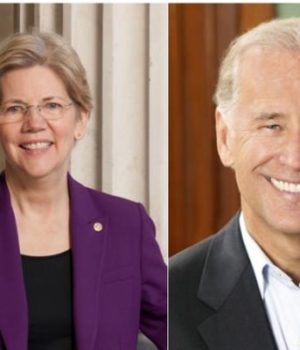Written by Joey Slusher
Our generation, Gen Z, is the most educated generation in American history. In 2019, there were some 19.9 million people enrolled in U.S. colleges, a 6 million increase from the year 2000 when it was only 13.2 million. Prior to the pandemic these numbers were rising each year and more students, both young and old, were attending college, which as stated before, has made it so the Millennials and Gen Z are the most educated generations that the country has ever seen.
On the opposite side of this, due to the obscene costs of college in this country, we will also be the most debt-ridden generation immediately after our graduation. According to Educationdate.org, as of this year the average cost of a public state school is about $25,615 while private schools cost about $53,949 (both with all costs included). With loan interest and loss of income, the cost of a bachelor’s degree may cost students close to $400,000.
As a college degree becomes more common, many are also forced to attend some form of a graduate program in order to compete or fulfill the requirements of their particular field, and that only adds to the overall cost.
Because of this, a number of members of Congress- Senators Elizabeth Warren (D-MA) and Chuck Schumer(D-NY)- as well as President Biden all want some amount of student debt canceled. The President is advocating for a more reserved approach and is seeking to cancel only $10,000 while Warren and Schumer support canceling up to $50,000.
Technically, the power to do this lay with both the President and Congress, as many interpret the Higher Ed. Act of 1965 as giving the president the power to cancel loans through executive order, and congress as with anything could just pass a new act. The issue for Congress is that this policy is still quite controversial, and it is questionable that with such a slim margin in the Senate that the Democrats could pass it and make it law, so a lot of pressure is now being put on President Biden to get it done.
If it were to pass, there would still be a number of limitations on who gets their loans canceled. First, it is likely that legislation will only cancel federal loans. The next biggest stipulation would be income. It’s hard to know exactly where Congress or the President would set the bar, but even Schumer and Warren agree that borrowers making more than $125,000 a year should not qualify. It seems this ceiling may be getting lowered as there are proposals to connect the cancellation with the next stimulus bill which may only cancel debt for those making $50,000 or less.
As with the questions around how much or who will benefit the biggest question is if it will even happen. If President Biden were to wake up tomorrow and happened to cancel all $1.7 trillion dollars of debt, many economists predict that the U.S. would see an increase in yearly GDP growth possibly surpassing $100 billion dollars. It would allow millions to spend the hundreds of dollars they would have used to pay debts on other things helping our economy. A boost which might be sorely needed in the months and years it may take the U.S. and the world at large to recover from the effects of COVID-19.




